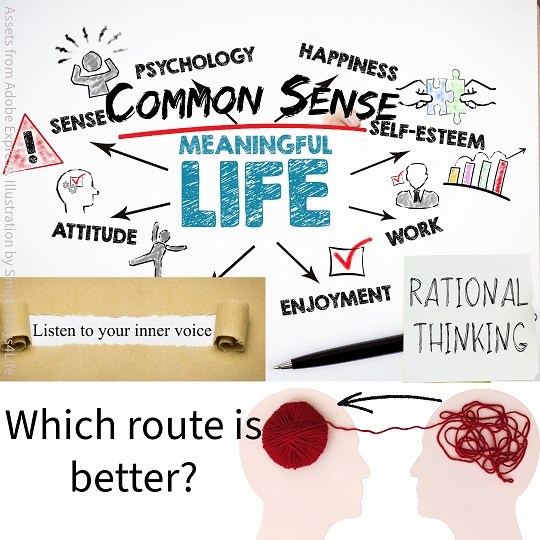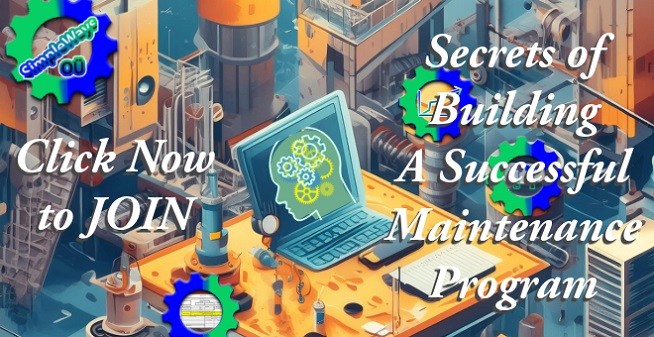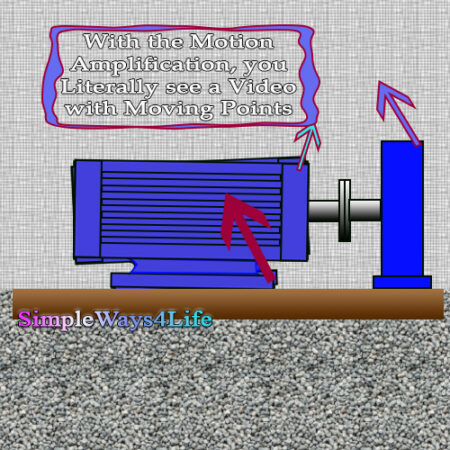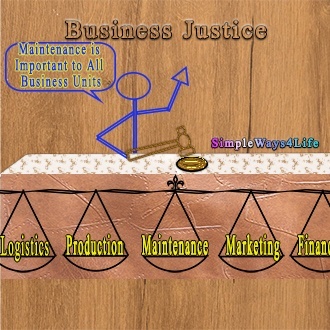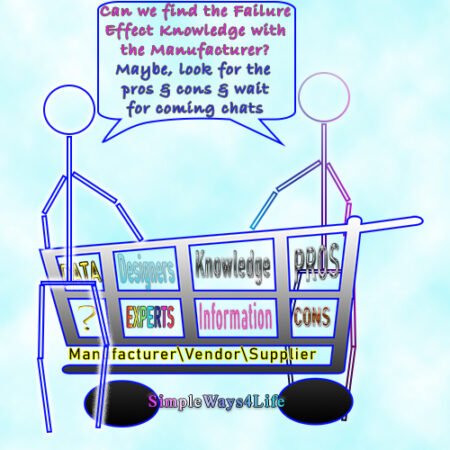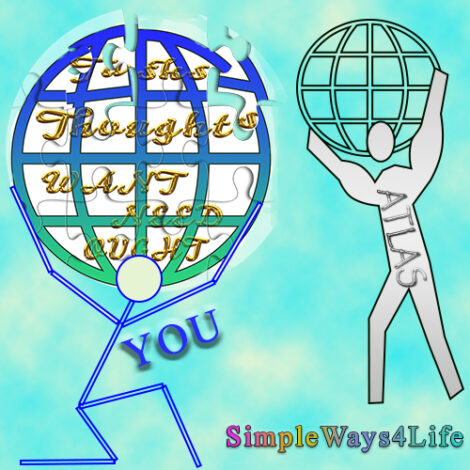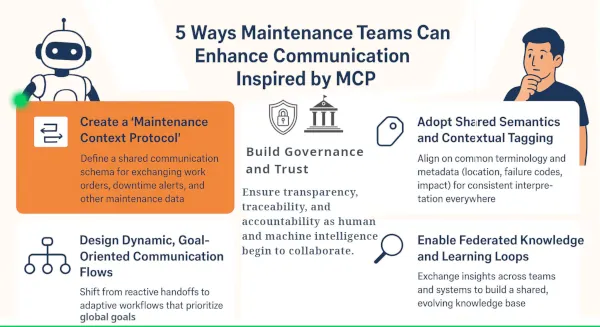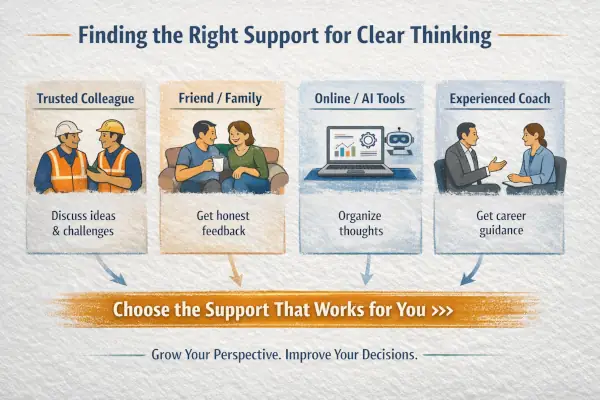Is common Sense and intuition the same thing? Is that why Common Sense seems contradicting to Rational decision making? Beyond the formulas and predictive analytics, common sense serves as a guiding force, providing practical insights and facilitating intuitive decision-making. This article explores the indispensable role of common sense in life, demonstrating how a balance of technical expertise and practical wisdom is needed. This balance can lead to enhanced life and work excellence.
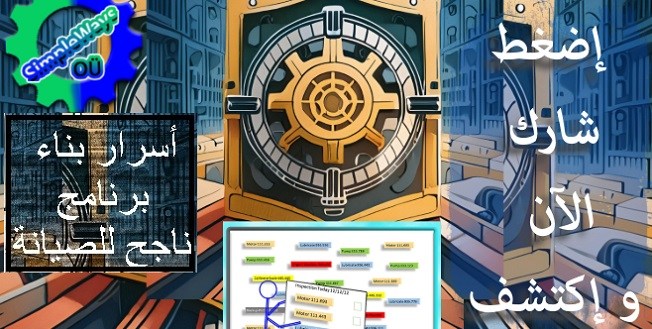
BESTPRICE-ENDS-06FEB
What is common sense?
It appears in the spontaneity of reactions. That’s why Spontaneity-based reactions are the fastest reactions. Let’s start by the literal definitions then follow it by the scientific tweak.
Literal definition for common sense, even though it is commonly used in day-to-day conversation, is not unified.
- It is the good sense and sound judgement in practical matters; Oxford Language
- It is the the basic level of practical knowledge and judgment that we all need to help us live in a reasonable and safe way; Cambridge Dictionary
- Sound and prudent judgment based on a simple perception of the situation or facts; Merriam-Webster
- It is sound, practical judgement concerning everyday matters, or a basic ability to perceive, understand, and judge in a manner that is shared by (i.e., “common to”) nearly all people; Wikipedia
So, simply, common sense is a method used for judgement or choice making based on personal or community perceptions. When it is based on community perceptions, this decision is common to this community. It is a reaction or an idea that was programmed subconsciously in our mind from watching and practicing over a period of time.
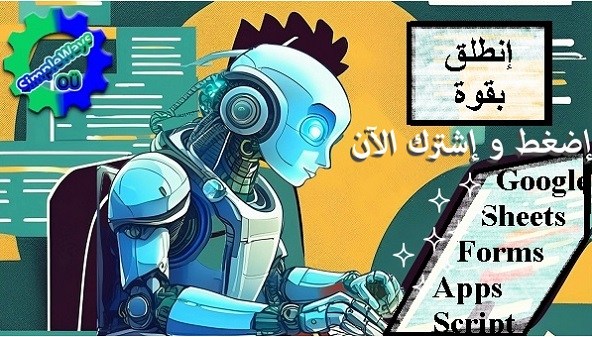
BESTPRICE-ENDS-06FEB
Intuition in relative to common sense
On the other hand, intuition might bring something that is not so common. It is like a choice from all the alternatives without any immediate proof from the context. Moreover it might bring to the scene a strange uncommon idea which might be the best fitting answering. Most of the time uncommon and irrational ideas are rejected by our mental construction as part of our preprogrammed common sense.
One of the simple definitions of intuitions is: “Intuition is the ability to know something without any proof. It is sometimes known as a “gut feeling,” “instinct,” or “sixth sense.” For hundreds of years, intuition has had a bad reputation among scientists. It has often been seen as inferior to reason.” Source: opentextbc.ca

BESTPRICE-ENDS-06FEB
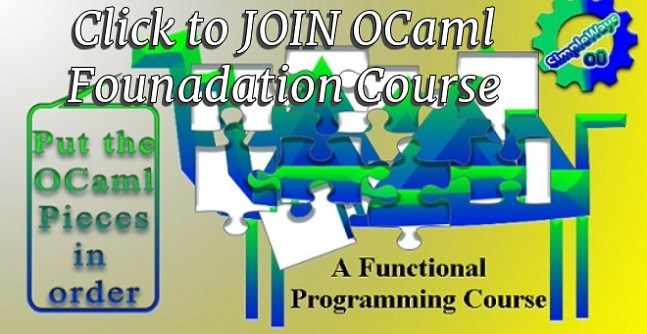
BESTPRICE-ENDS-06FEB
Another nice definition of intuition: “The intuitive mind is a sacred gift and the rational mind is a faithful servant. We have created a society that honors the servant and has forgotten the gift.” So said Einstein then and – despite increasing research on the potency of intuition as a form of knowing – the same could be said now. Source impactinternational.com
Rationality, common sense and intuition
Rationality means applying rational models to come to decisions or make choices. Rational models are based on or in accordance with reason or logic. That’s mainly why rationality is adored by science. It can be simply said to make any scientific approach we need a clear procedure that we can apply repeatedly under same condition. Then we produce the same result every time. It is like a mathematical equation which when you apply repeatedly using same inputs, you get same results. That makes rationality a great tool to achieve consistency. But being only rational usually produces a predictable result which defies creativity.
The second scientific reason for praising rationality over intuition is to make use of the massive computational power available. Super computers follow rational models and make rational decisions more precisely and faster than the human mind. That’s why also science categorizes common sense as a solved problem by the community. Hence it can be generated using models for each community provided that enough data is available.

BESTPRICE-ENDS-06FEB
Scientific tweaks to intuition and common sense
Students new to personality and social psychology arrive with many intuitions, prior beliefs, and naïve theories about social processes and behavior based on unsystematic experiences and observations. These intuitions can hinder or foster theoretical progress. Mentors, critiques, and empirical tests has a vital role in minimizing the deleterious effects of these entry biases. This was a part of a paper called ” Common Sense, Intuition, and Theory in Personality and Social Psychology” by John T. Cacioppo from University of Chicago.
On the other hand, some scientific approaches classify common sense as fast thinking. That’s why some refers it to as the ability of fast thinking that is a gift to few humans only. So, those who study human behavior simply consider it as fast rational thinking. Those humans are faster in thinking, that’s why they have this spontaneity. Then they conclude that when the AI can learn all the knowledge available on the web, it will reach to have common sense conclusions. Otherwise, common sense and intuition are pseudoscience and religion.

BESTPRICE-ENDS-06FEB
The balance between rationality, common sense and intuition
We can’t relay solely on our intuition and common sense to go through life and work. That’s mainly because of the surrounding environment. When the surrounding environment is more simplistic and imposes less interference on our decisions, we can rely more on the wisdom of the tribe in the form of common sense and intuition. But even in the midst of our busy and complex environment, they both still remain the secret ingredient that tops our rational efforts.
Intuition is usually distorted and sometimes blocked by the mental constructions in our mind. Those mental constructions were mainly the result of some other people or team members experiences. Few of them were put together out of our own experience. So we might get the intuition but we disbelieve it. Moreover, we revert back to the common sense and the rational results. The ultimate truth we are looking for lies in the subtle intuitions you receive

BESTPRICE-ENDS-06FEB

BESTPRICE-ENDS-06FEB
Common sense carries the wisdom of all who lived this experience or come to this decision point since some time. This is a great tool provided that the context didn’t change. When we change our living or working places, the common sense at one location would not be that common in the new location. That’s why it is difficult to ensure a global common sense. Then, when someone seeks AI reply about certain topic, it might come irrelevant. That’s why some AI chat pots as ChatGPT recommends that you set the context through which it is going to answer your question. You need to set what is the role you play in this Q&A, and what is the type of answer you expect.
In Conclusion,
It won’t make our life easier to drop rational thinking and reasoning and to relay solely on our intuition and common sense to go through life and work mainly because of the surrounding environment. At the same time, we would be missing a true helping hand if we closed our ears and hearts and stopped listening to our gut or following what we know to be a common sense. The key is in finding the balance in the now context between looking for a reason, waiting for an intuition and, following the common sense.
Next we shall see how to apply this in maintenance. How to praise the role of each methodology in enhancing the maintenance profession and the work environment.
If you feel you need help with any of these ideas we discussed, request a Management Consultancy or Coaching Services From our Store

